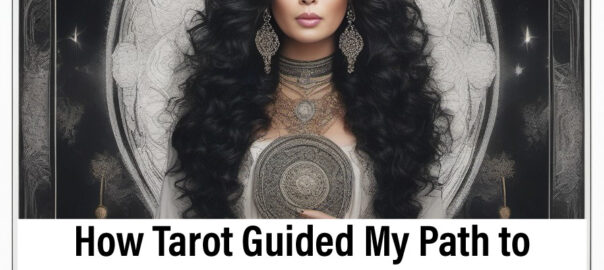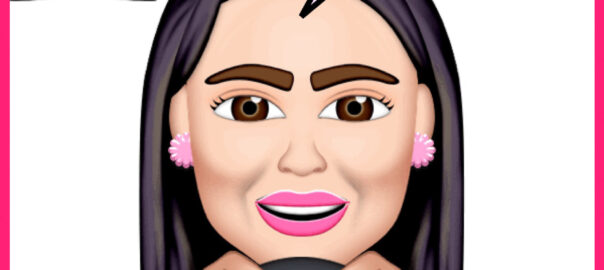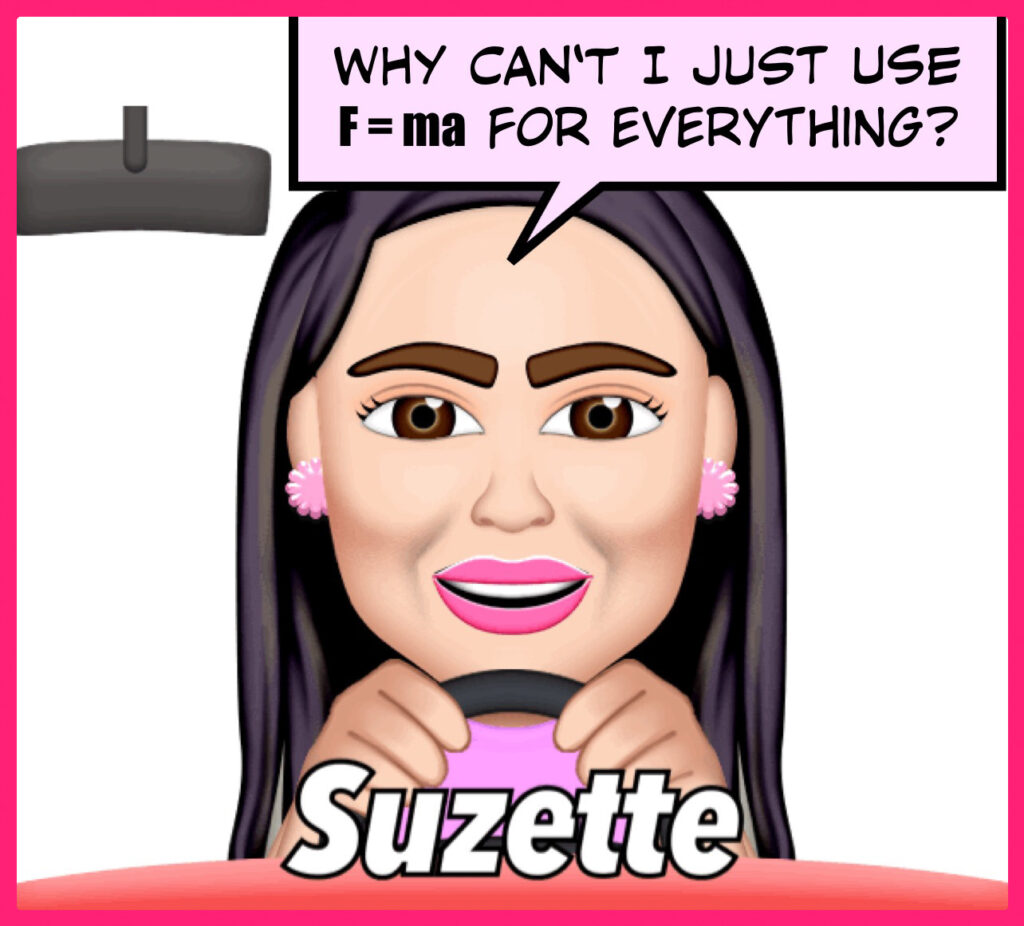As the snow blankets Denmark, the cold, serene landscape has left me feeling both restless and contemplative. To find some direction amidst the stillness, I turned to my tarot deck, seeking insight into my future plans, especially my career.
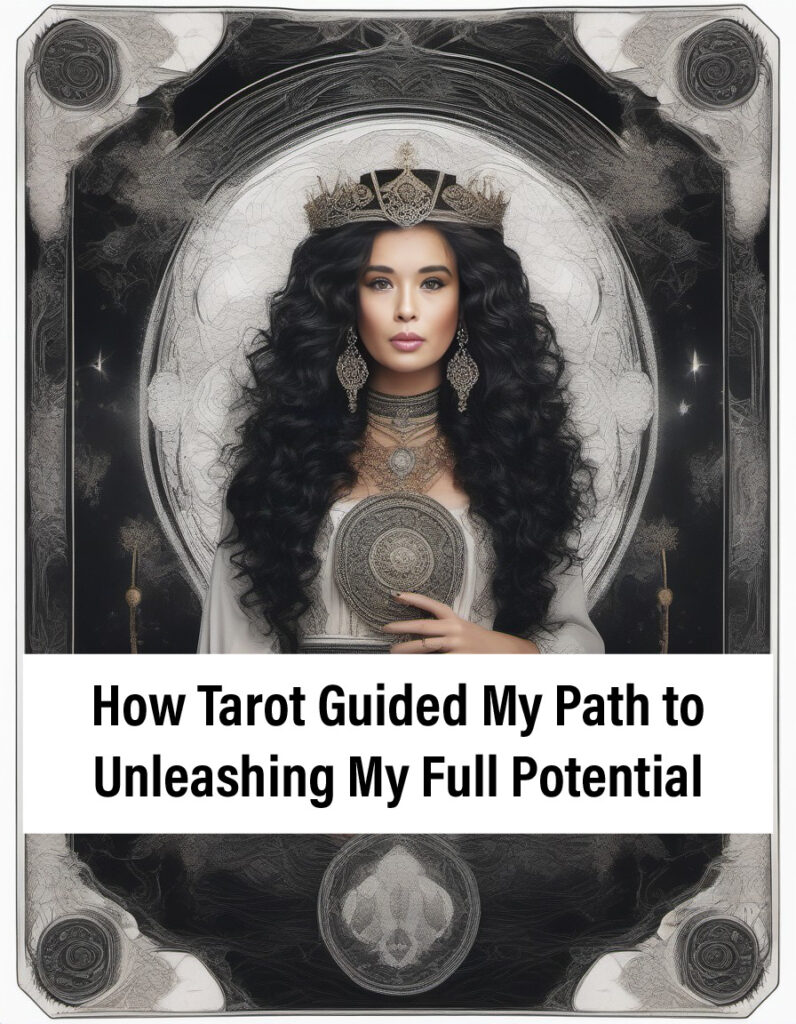
The High Priestess: Trusting My Inner Wisdom
The first card I drew was The High Priestess, a powerful symbol of intuition and hidden knowledge. It reminded me that the answers I seek are already within me, waiting to be discovered. This card encouraged me to trust my inner voice and intuition as I navigate my professional journey.
The Empress: Embracing Growth and Creativity
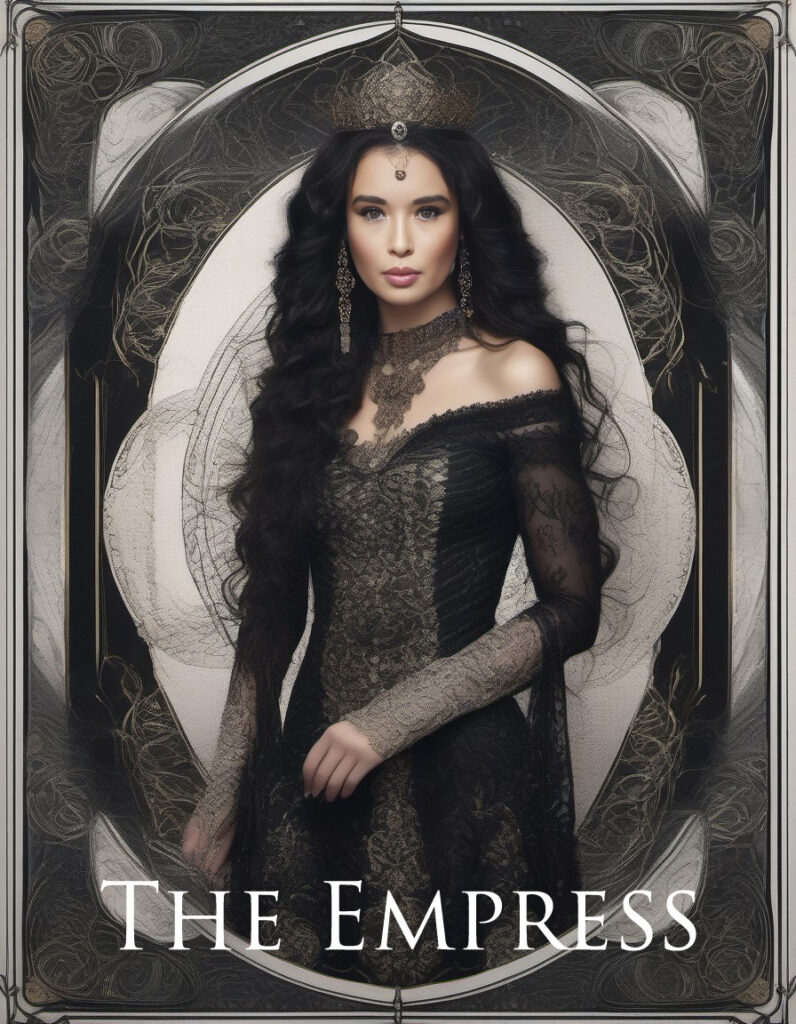
Next, The Empress appeared, symbolizing creativity, abundance, and nurturing growth. It was a reminder to cultivate my talents and embrace the opportunities for success in my career. This card reassured me that by nurturing my creative energy, I can achieve significant growth and fulfillment.
Death: Embracing Transformation
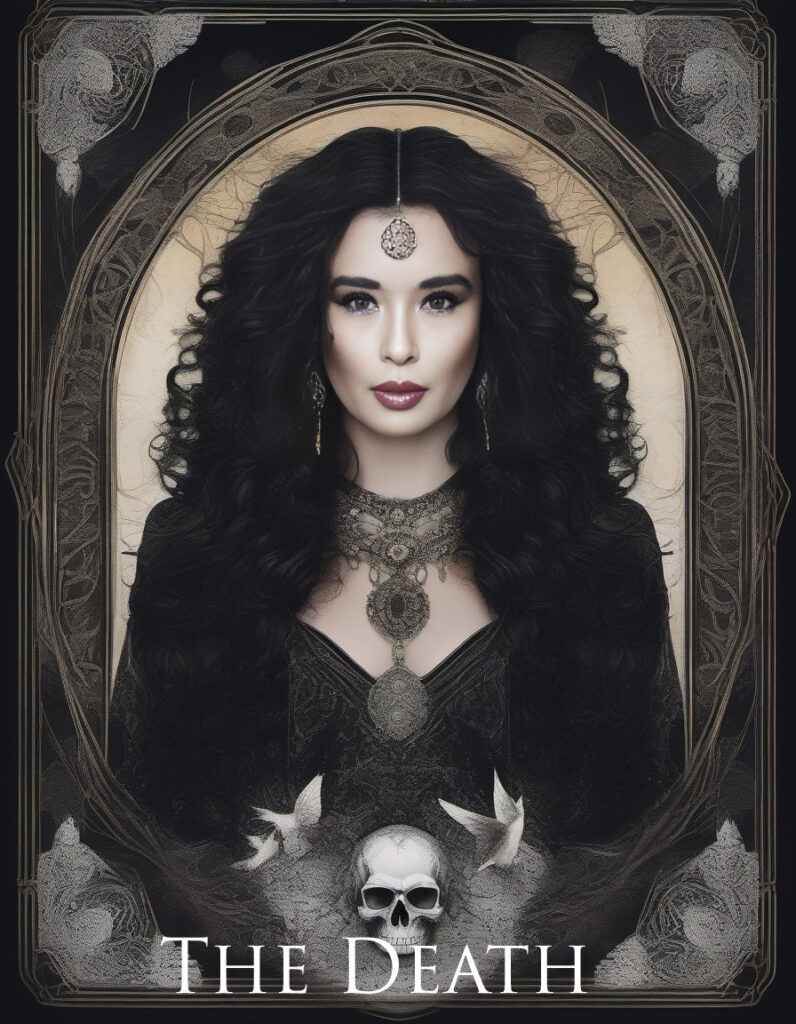
When the Death card surfaced, it symbolized transformation and the end of one chapter to make way for another. This was particularly relevant as I prepare to embark on a new educational journey. It reassured me that embracing change is essential for growth and achieving my goals.
The High Priestess Reappears: Achieving My Full Potential
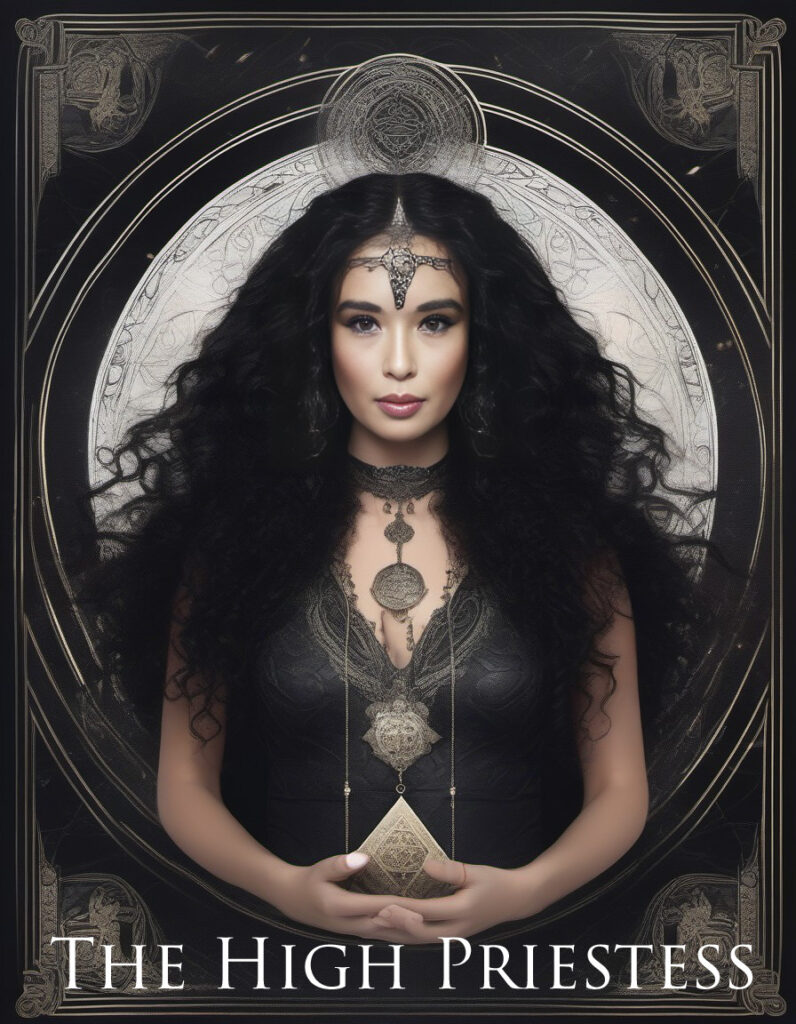
In my final question, The High Priestess appeared once more, emphasizing the importance of intuition and inner wisdom. It reaffirmed that by trusting myself and my instincts, I can find the path that allows me to showcase my full potential and capabilities.
Through this introspective journey with the tarot, I’ve found not only guidance but also a deeper connection to my inner self, helping me navigate the cold, quiet days with a renewed sense of purpose and clarity.
